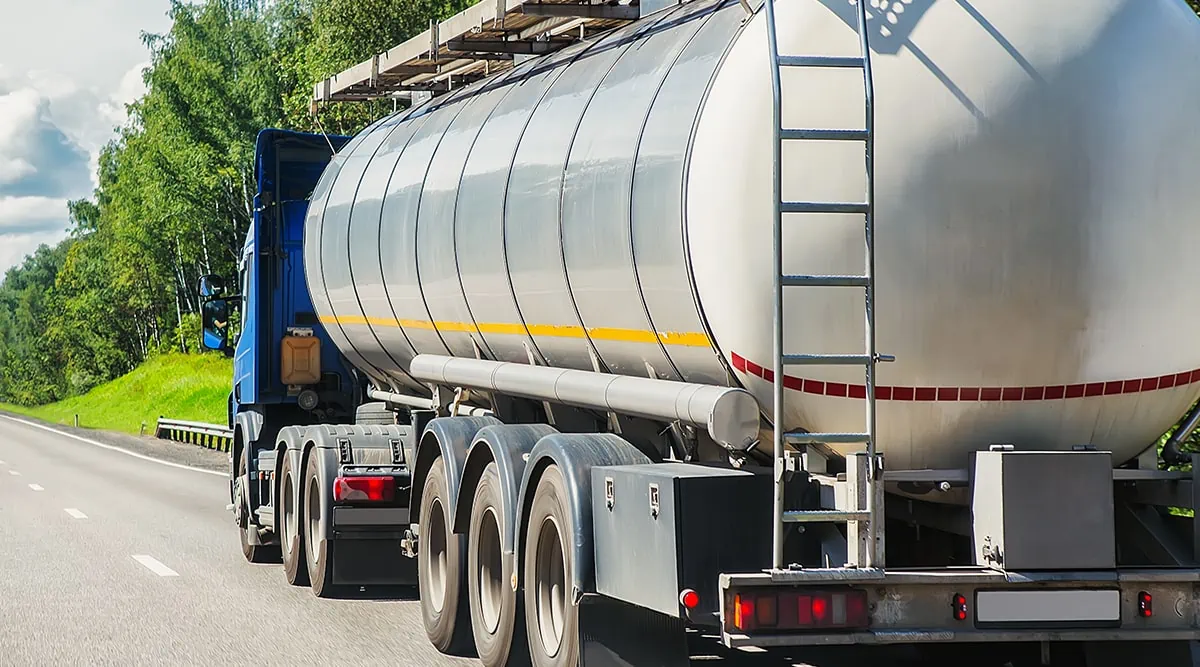All about Reclaim Waste
All about Reclaim Waste
Blog Article
3 Easy Facts About Reclaim Waste Shown
Table of ContentsThe Ultimate Guide To Reclaim WasteUnknown Facts About Reclaim WasteGetting The Reclaim Waste To WorkSome Known Questions About Reclaim Waste.Facts About Reclaim Waste Uncovered
With correct fluid waste management, business can lower energy-intensive therapy procedures and disposal expenses. By adhering to a system for taking care of fluid waste, firms can stay clear of costly fines and charges and avoid unfavorable promotion.(https://www.mixcloud.com/reclaimwaste1/)Accumulate representative samples from various factors within the waste stream to make sure precision. Conduct routine testing to track any changes in the composition. Maintain in-depth documents of characterization for future reference and compliance functions. Fluid waste, particularly harmful ones, positions considerable risks during this step. Correct treatments minimize spills, leaks, and various other crashes that can harm the workers and the public.

Disinfection (e.g., chlorination, ultraviolet light, ozonation) and nutrient removal (e.g., denitrification and phosphorus eradication) are advised under rigid policies. Various companies violated a number of liquid waste disposal policies in recent years.
The Best Strategy To Use For Reclaim Waste

are used by sectors that generate large quantities of low-toxicity liquid waste. Shallow containers consist of liquid waste that is allowed to evaporate through natural processes. The residue left can be dealt with in land fills. entails melting fluid waste at high temperatures and converting it right into gas and ash. This sort of disposal is subject to stringent ecological regulations as a result of possibly hazardous exhausts.
The findings ought to be recorded, examined, and kept not simply for submission to regulative authorities yet additionally for making renovations in the future. Share information with relevant stakeholders (e.g., staff members, regulative federal government agencies, and nearby neighborhoods) to keep openness and accountability.
Recognizing these can assist them efficiently manage their procedures and lessen their environmental impact. Firms that can't spend in centers ought to think about working together with the public sector for far better options.
The 3-Minute Rule for Reclaim Waste
By executing thorough administration systems that include therapy and recycling strategies, regular tracking, threat assessments, and adherence to regional and government policies, commercial centers can contribute to the security of groundwater products, ensuring their accessibility for future generations (liquid waste disposal melbourne). Allow's dig right into the relevance of effective liquid waste administration in the commercial sector, focusing on its ramifications for securing groundwater sources
The pollution of groundwater resources as a result of inappropriate fluid waste monitoring in the commercial sector has far-reaching repercussions for human health and wellness, farming, and the atmosphere overall. A few of the possible effects created by such pollution include: Polluted Drinking Water Supplies: As groundwater supplies a considerable part of our drinking water, contamination from commercial activities can cause harmful chemicals and bacteria entering our water supply, posing wellness risks for people.
Lowered Agricultural Productivity: Agriculture depends greatly on groundwater for irrigation; for that reason, polluted water can impede crop yields, infect farming products, and influence food security. Given the significance of protecting groundwater resources, it is important for organizations to take a positive position in managing their liquid waste sensibly and preventing contamination.
The Facts About Reclaim Waste Revealed
Liquid waste can pollute land and contaminate waters. Under the Security of the Setting Operations Act 1997, businesses that produce fluid waste are required to manage it in a means that safeguards the atmosphere and the area. Information regarding handling and keeping fluid waste, reacting to spills and minimizing liquid waste is offered in the complying with truth sheets and assistance:.
The role of waste management professionals in securing this precious source can not be overemphasized. Polluted water and contaminated effluent monitoring: Guaranteeing that harmful liquids are safely gotten rid of and dealt with prior to they can damage our water resources.
Thus, incorporating sustainable fluid waste monitoring right into economic planning improves financial stability and shields the setting, demonstrating the worth of this approach. In final thought, taking on professional liquid waste monitoring methods is essential for making certain a sustainable future, shielding our environment and protecting the well-being of future generations.
When it involves throwing away waste, adhering to appropriate procedures is critical for a wide variety of factors. Appropriate garbage disposal is not practically sanitation; it's regarding making sure the well-being of our environment, wellness, and the effective use of sources. Recognizing the value of effective waste administration can aid all of us blog here contribute to a healthier, cleaner world.
Facts About Reclaim Waste Uncovered
Efficient waste management assists maintain clean roads and public rooms, minimizing the visual effect of trash and making sure that waste does not damage wild animals. When waste is not dealt with correctly, it can bring about pollution, where hazardous compounds can seep right into the dirt, water systems, and the air, creating lasting ecological issues.
Report this page